
SCARS Institute’s Encyclopedia of Scams™ Published Continuously for 25 Years

Writing An Apology Letter
The Importance Of Apologizing To Your Family – For Scam Victims
Scam Victim Recovery – A SCARS Insight
Author:
• Tim McGuinness, Ph.D., DFin, MCPO, MAnth – Anthropologist, Scientist, Director of the Society of Citizens Against Relationship Scams Inc.
Article Abstract
Apologizing to your family after falling victim to a relationship scam is crucial for multiple reasons, contributing significantly to personal and relational healing. Acknowledging your actions and their impact is the first step towards taking responsibility.
Scammers often use gaslighting techniques, leading victims to distance themselves from loved ones and sometimes act defensively or even hostilely. This can damage familial trust, making an apology essential for mending these bonds. Apologizing also provides emotional closure for family members who experienced frustration and helplessness during the ordeal. It opens up honest communication, allowing for a thorough discussion about the scam’s dynamics and preventative measures for the future. This step is vital for rebuilding a supportive family environment.
Additionally, the act of apologizing fosters personal growth, helping victims confront their vulnerability and begin the recovery process. Sharing the experience educates others, raising awareness about the manipulation tactics used by scammers. Ultimately, apologizing demonstrates integrity and a commitment to making amends, reinforcing family ties and paving the way for collective vigilance against future scams.
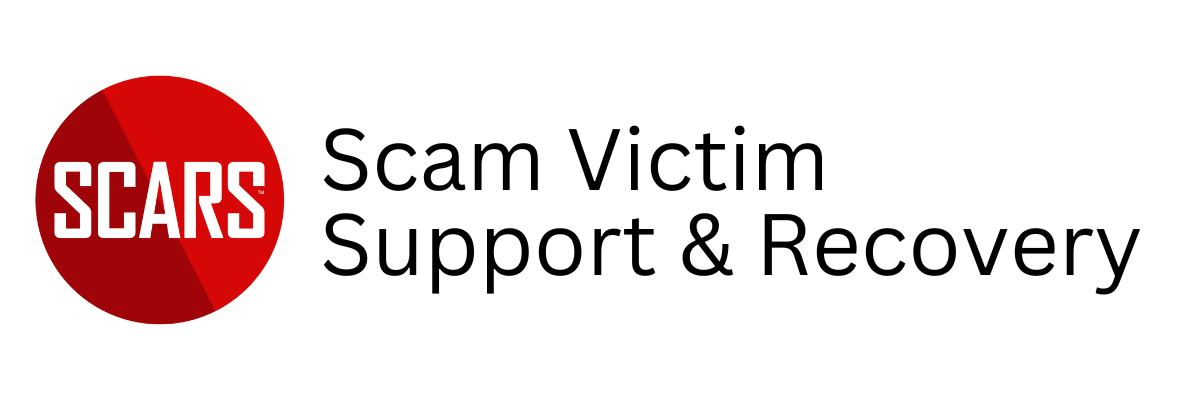
The Importance of Apologizing to Your Family After Falling Victim to a Relationship Scam
After becoming a victim of a relationship scam, either romantic or investment, almost all victims turn away (to some extent) from family and friends. This is the purpose of the gaslighting manipulation technique the scammers use.
Not only do most victims distance themselves from family and friends, but they can be very hostile to them when they try to intervene and help save victims from these crimes. Unfortunately, this can do severe damage to their relationships that needs to be repaired after the scam ends.
Stepping up and apologizing to your family after being involved in a relationship scam is very important for several reasons, both for personal healing and for the restoration of familial relationships.
Note: the following is written about family relationships but the same applies to friends as well.
Here’s an in-depth look at why this apology is so important:
Acknowledge Responsibility and Accountability
Apologizing demonstrates that you recognize and take responsibility for your actions and their impact. In the throes of a relationship scam, victims often become defensive, secretive, or even hostile towards those who question the legitimacy of the relationship. Acknowledging this behavior is a necessary step in showing that you understand the gravity of what happened and are willing to take responsibility for the consequences.
Repair Trust and Relationships
Scams, particularly those involving trust relationships, can severely damage trust within families. Loved ones often see the warning signs and may try to intervene, only to be met with resistance or hostility. A formal apology helps to rebuild the trust that was eroded by these interactions. It shows your family that you regret not listening to them and are committed to repairing the damage done to your relationships.
Provide Emotional Closure
For family members, watching someone they care about fall victim to a scam can be emotionally taxing, even traumatic. They may feel frustrated, helpless, and hurt by the rejection of their advice and the negative interactions that occurred. Apologizing provides a sense of closure for them, acknowledging their efforts and the emotional toll the situation took on them. It validates their concerns and feelings, helping them to move past the incident.
Facilitate Open Communication
Scams typically create an environment of secrecy and isolation. By apologizing, you open the door to honest and transparent communication. This can help to clear up any misunderstandings and allows for a honest discussion about what happened, why it happened, and how to prevent it in the future. Open communication is vital for rebuilding a strong, supportive family dynamic.
Strengthen Family Bonds
Family bonds can be significantly strained during a scam. An apology is a step towards mending these bonds and re-establishing a supportive family network. It shows that you value your family and their role in your life, and are willing to work on strengthening or rebuilding these connections. A strong family support system is essential, especially when recovering from the emotional and financial aftermath of a scam. The relationship will be forever changed because of the scam, but this is an important step in rebuilding something that may turn out to be even better.
Promote Personal Healing and Growth
The process of apologizing can be cathartic for you. It forces you to confront the reality of what happened, accept your vulnerability, and take steps toward personal growth. Admitting that you were wrong and that your actions hurt those around you can be a powerful catalyst for healing and self-improvement. It helps to shed the shame and guilt associated with the scam, making room for recovery and rebuilding. It is an absolute requirement for recovery.
Educate and Raise Awareness
Your apology can also serve as an educational moment for your family and others. Sharing your experience openly can raise awareness about the manipulation and control techniques used by criminals and the psychological impact they have on victims. This can help your family and others to better understand the dynamics of scams and be more prepared to spot and prevent them in the future.
Prevent Future Incidents
Almost all scam victims are more vulnerable after the scam than they were before it. By apologizing and discussing the details of the scam, you help to create a family environment that is more vigilant and informed about such threats. This collective awareness can is essential in preventing future incidents, both for yourself and for other family members who might be at risk.
Demonstrate Integrity and Character
Finally, apologizing shows that you have the integrity, sincerity, and character to admit when you were wrong and to seek forgiveness. It reflects a willingness to learn from your mistakes and to make amends. This is a powerful statement about your personal values and commitment to doing better in the future.
How to Write an Apology Letter
Writing an apology letter can be a powerful step in mending relationships and acknowledging past mistakes. Here is a structured guide to help a scam victim craft an effective and sincere apology letter to a family member:
Apology Letter Structure
Opening Greeting: Address the recipient respectfully.
Introduction: Acknowledge the letter’s purpose. Express regret for not listening and for any hurtful behavior.
Acknowledgment of Actions: Clearly state what you are apologizing for. Acknowledge specific instances where you didn’t listen and any hostile or abusive behavior.
Explanation (without Excuses): Briefly explain how you fell victim to the scam and how it affected your behavior. Emphasize that this is not an excuse, but rather context for your actions.
Expression of Regret and Responsibility: Take full responsibility for your actions. Express deep regret and empathy for the hurt caused.
Commitment to Change: Describe any steps you are taking to ensure this doesn’t happen again. Mention any efforts to understand and prevent future similar situations.
Request for Forgiveness: Humbly ask for their forgiveness. Express hope for rebuilding the relationship.
Closing: Reiterate your apology. Close with a warm, respectful sign-off.
Sample Apology Letter (You Can Use)
If you decide to use our sample letter it is ok. Sometimes a pre-printed greeting card can carry your feelings better than one you could write. Just make sure you mean every word!
SAMPLE LETTER
[Family Member’s Name],
I’m writing this because I need to say sorry – really, truly sorry. I’ve been thinking a lot about what happened when I got caught up in that scam, and how I didn’t listen to you. I know you were only trying to help, and instead of hearing you out, I got defensive and even said some hurtful things. I hate that I did that to you.
When I was in the thick of it, I was so manipulated and controlled by the lies and promises of the scam that I couldn’t see clearly. I know that’s not an excuse for how I acted, but I want you to understand where my mind was at. I was groomed, manipulated, controlled, and honestly, pretty lost. Instead of trusting you – someone who’s always had my back – I pushed you away. I’m so sorry for the things I said and for not listening when you were trying to protect me. Truthfully, I was completely under their power. Now that I am free of them I can see the damage I did clearly.
I’m trying to learn from this crime and make sure I never fall into something like that again. I’m getting some help to deal with it all and figure out how to move forward. I really hope you can forgive me. I miss our relationship and want to fix things between us.
Recovering from this is very hard and I hope I can count on your support.
Thank you for being there, even when I didn’t deserve it. I’m sorry for everything, and I hope we can get through this.
Love,
[Your Name]
This template can be customized to fit the specific details of your situation and your relationship with the family member. The key is to be honest, heartfelt, and to take full responsibility for your actions and their impact.
Summary
Apologizing to your family after being involved in a relationship scam is essential for multiple reasons. It acknowledges responsibility, repairs trust, provides emotional closure, facilitates open communication, strengthens family bonds, promotes personal healing, raises awareness, prevents future incidents, and demonstrates integrity. Each of these aspects plays a critical role in the recovery process for both you and your family, helping to rebuild the foundation of mutual trust, support, and understanding.
More Related to Family and Friends:
For Scam Victims
- SCARS Webinar: Telling Your Story Part 2 – Telling Your Family & Friends [VIDEO] (romancescamsnow.com)
- Helping Friends & Family Better Understand Romance Scams (romancescamsnow.com)
For Family & Friends
- For Family & Friends Of Scam Victims – 2024 (romancescamsnow.com)
- For Family & Friends: How To Talk With Someone Suffering From Trauma (romancescamsnow.com)
- How To Detect Scams In Someone You Know – A Guide For Family & Friends (romancescamsnow.com)
- Family Intervention Letter (romancescamsnow.com)
- How To Talk With Someone Suffering From Trauma (romancescamsnow.com)
- The Universe of Scams Most of Us Never Know About (romancescamsnow.com)
- Signs of Good & Bad Scam Victim Emotional Health (romancescamsnow.com)
Statement About Victim Blaming
SCARS Institute articles examine different aspects of the scam victim experience, as well as those who may have been secondary victims. This work focuses on understanding victimization through the science of victimology, including common psychological and behavioral responses. The purpose is to help victims and survivors understand why these crimes occurred, reduce shame and self-blame, strengthen recovery programs and victim opportunities, and lower the risk of future victimization.
At times, these discussions may sound uncomfortable, overwhelming, or may be mistaken for blame. They are not. Scam victims are never blamed. Our goal is to explain the mechanisms of deception and the human responses that scammers exploit, and the processes that occur after the scam ends, so victims can better understand what happened to them and why it felt convincing at the time, and what the path looks like going forward.
Articles that address the psychology, neurology, physiology, and other characteristics of scams and the victim experience recognize that all people share cognitive and emotional traits that can be manipulated under the right conditions. These characteristics are not flaws. They are normal human functions that criminals deliberately exploit. Victims typically have little awareness of these mechanisms while a scam is unfolding and a very limited ability to control them. Awareness often comes only after the harm has occurred.
By explaining these processes, these articles help victims make sense of their experiences, understand common post-scam reactions, and identify ways to protect themselves moving forward. This knowledge supports recovery by replacing confusion and self-blame with clarity, context, and self-compassion.
Additional educational material on these topics is available at ScamPsychology.org – ScamsNOW.com and other SCARS Institute websites.
Psychology Disclaimer:
All articles about psychology and the human brain on this website are for information & education only
The information provided in this article is intended for educational and self-help purposes only and should not be construed as a substitute for professional therapy or counseling.
While any self-help techniques outlined herein may be beneficial for scam victims seeking to recover from their experience and move towards recovery, it is important to consult with a qualified mental health professional before initiating any course of action. Each individual’s experience and needs are unique, and what works for one person may not be suitable for another.
Additionally, any approach may not be appropriate for individuals with certain pre-existing mental health conditions or trauma histories. It is advisable to seek guidance from a licensed therapist or counselor who can provide personalized support, guidance, and treatment tailored to your specific needs.
If you are experiencing significant distress or emotional difficulties related to a scam or other traumatic event, please consult your doctor or mental health provider for appropriate care and support.
Also read our SCARS Institute Statement about Professional Care for Scam Victims – click here to go to our ScamsNOW.com website.
If you are in crisis, feeling desperate, or in despair please call 988 or your local crisis hotline.
-/ 30 /-
What do you think about this?
Please share your thoughts in a comment below!
Table of Contents
- The Importance Of Apologizing To Your Family – For Scam Victims
- Article Abstract
- The Importance of Apologizing to Your Family After Falling Victim to a Relationship Scam
- Acknowledge Responsibility and Accountability
- Repair Trust and Relationships
- Provide Emotional Closure
- Facilitate Open Communication
- Strengthen Family Bonds
- Promote Personal Healing and Growth
- Educate and Raise Awareness
- Prevent Future Incidents
- Demonstrate Integrity and Character
- How to Write an Apology Letter
- Sample Apology Letter (You Can Use)
- Summary
- More Related to Family and Friends:
LEAVE A COMMENT?
Thank you for your comment. You may receive an email to follow up. We never share your data with marketers.
Recent Comments
On Other Articles
- on Love Bombing And How Romance Scam Victims Are Forced To Feel: “I was love bombed to the point that I would do just about anything for the scammer(s). I was told…” Feb 11, 14:24
- on Dani Daniels (Kira Lee Orsag): Another Scammer’s Favorite: “You provide a valuable service! I wish more people knew about it!” Feb 10, 15:05
- on Danielle Delaunay/Danielle Genevieve – Stolen Identity/Stolen Photos – Impersonation Victim UPDATED 2024: “We highly recommend that you simply turn away form the scam and scammers, and focus on the development of a…” Feb 4, 19:47
- on The Art Of Deception: The Fundamental Principals Of Successful Deceptions – 2024: “I experienced many of the deceptive tactics that romance scammers use. I was told various stories of hardship and why…” Feb 4, 15:27
- on Danielle Delaunay/Danielle Genevieve – Stolen Identity/Stolen Photos – Impersonation Victim UPDATED 2024: “Yes, I’m in that exact situation also. “Danielle” has seriously scammed me for 3 years now. “She” (he) doesn’t know…” Feb 4, 14:58
- on An Essay on Justice and Money Recovery – 2026: “you are so right I accidentally clicked on online justice I signed an agreement for 12k upfront but cd only…” Feb 3, 08:16
- on The SCARS Institute Top 50 Celebrity Impersonation Scams – 2025: “Quora has had visits from scammers pretending to be Keanu Reeves and Paul McCartney in 2025 and 2026.” Jan 27, 17:45
- on Scam Victims Should Limit Their Exposure To Scam News & Scammer Photos: “I used to look at scammers photos all the time; however, I don’t feel the need to do it anymore.…” Jan 26, 23:19
- on After A Scam, No One Can Tell You How You Will React: “This article was very informative, my scams happened 5 years ago; however, l do remember several of those emotions and/or…” Jan 23, 17:17
- on Situational Awareness and How Trauma Makes Scam Victims Less Safe – 2024: “I need to be more observant and I am practicing situational awareness. I’m saving this article to remind me of…” Jan 21, 22:55
ARTICLE META
Important Information for New Scam Victims
- Please visit www.ScamVictimsSupport.org – a SCARS Website for New Scam Victims & Sextortion Victims
- Enroll in FREE SCARS Scam Survivor’s School now at www.SCARSeducation.org
- Please visit www.ScamPsychology.org – to more fully understand the psychological concepts involved in scams and scam victim recovery
If you are looking for local trauma counselors please visit counseling.AgainstScams.org or join SCARS for our counseling/therapy benefit: membership.AgainstScams.org
If you need to speak with someone now, you can dial 988 or find phone numbers for crisis hotlines all around the world here: www.opencounseling.com/suicide-hotlines
A Note About Labeling!
We often use the term ‘scam victim’ in our articles, but this is a convenience to help those searching for information in search engines like Google. It is just a convenience and has no deeper meaning. If you have come through such an experience, YOU are a Survivor! It was not your fault. You are not alone! Axios!
A Question of Trust
At the SCARS Institute, we invite you to do your own research on the topics we speak about and publish, Our team investigates the subject being discussed, especially when it comes to understanding the scam victims-survivors experience. You can do Google searches but in many cases, you will have to wade through scientific papers and studies. However, remember that biases and perspectives matter and influence the outcome. Regardless, we encourage you to explore these topics as thoroughly as you can for your own awareness.
Statement About Victim Blaming
SCARS Institute articles examine different aspects of the scam victim experience, as well as those who may have been secondary victims. This work focuses on understanding victimization through the science of victimology, including common psychological and behavioral responses. The purpose is to help victims and survivors understand why these crimes occurred, reduce shame and self-blame, strengthen recovery programs and victim opportunities, and lower the risk of future victimization.
At times, these discussions may sound uncomfortable, overwhelming, or may be mistaken for blame. They are not. Scam victims are never blamed. Our goal is to explain the mechanisms of deception and the human responses that scammers exploit, and the processes that occur after the scam ends, so victims can better understand what happened to them and why it felt convincing at the time, and what the path looks like going forward.
Articles that address the psychology, neurology, physiology, and other characteristics of scams and the victim experience recognize that all people share cognitive and emotional traits that can be manipulated under the right conditions. These characteristics are not flaws. They are normal human functions that criminals deliberately exploit. Victims typically have little awareness of these mechanisms while a scam is unfolding and a very limited ability to control them. Awareness often comes only after the harm has occurred.
By explaining these processes, these articles help victims make sense of their experiences, understand common post-scam reactions, and identify ways to protect themselves moving forward. This knowledge supports recovery by replacing confusion and self-blame with clarity, context, and self-compassion.
Additional educational material on these topics is available at ScamPsychology.org – ScamsNOW.com and other SCARS Institute websites.
Psychology Disclaimer:
All articles about psychology and the human brain on this website are for information & education only
The information provided in this article is intended for educational and self-help purposes only and should not be construed as a substitute for professional therapy or counseling.
While any self-help techniques outlined herein may be beneficial for scam victims seeking to recover from their experience and move towards recovery, it is important to consult with a qualified mental health professional before initiating any course of action. Each individual’s experience and needs are unique, and what works for one person may not be suitable for another.
Additionally, any approach may not be appropriate for individuals with certain pre-existing mental health conditions or trauma histories. It is advisable to seek guidance from a licensed therapist or counselor who can provide personalized support, guidance, and treatment tailored to your specific needs.
If you are experiencing significant distress or emotional difficulties related to a scam or other traumatic event, please consult your doctor or mental health provider for appropriate care and support.
Also read our SCARS Institute Statement about Professional Care for Scam Victims – click here to go to our ScamsNOW.com website.


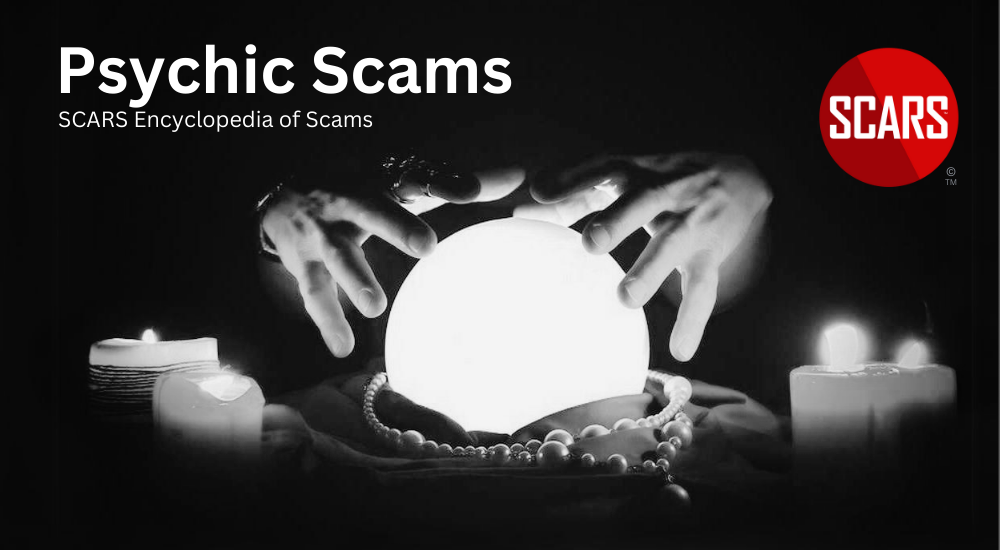
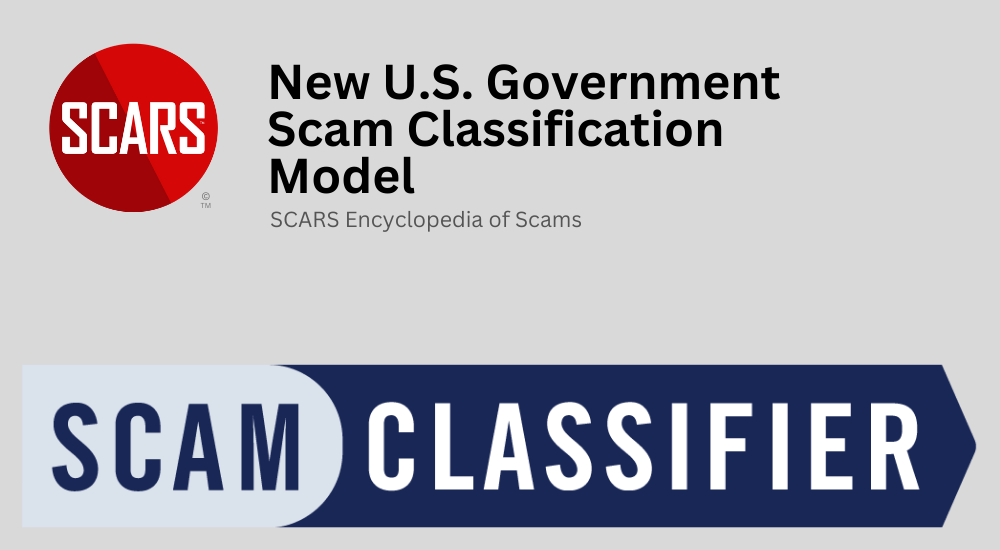
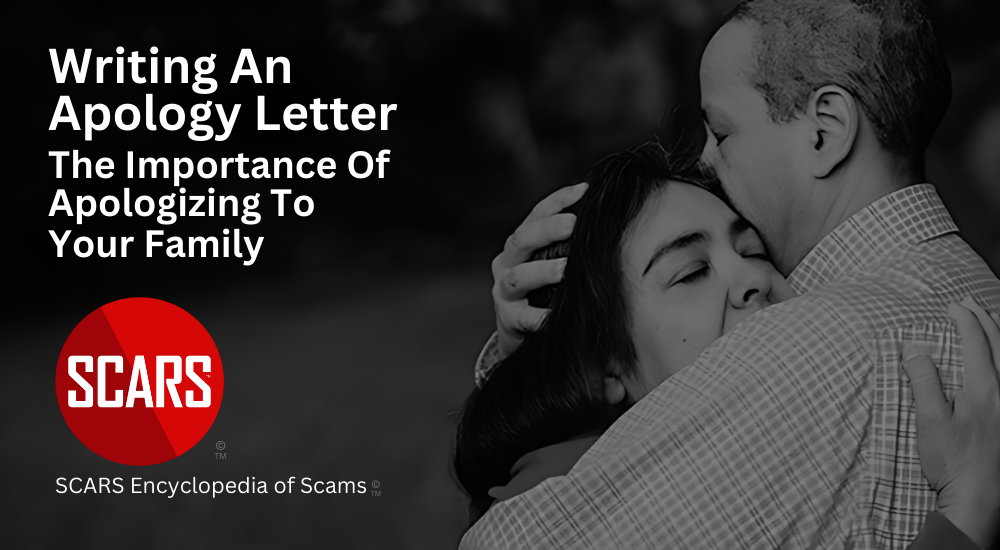

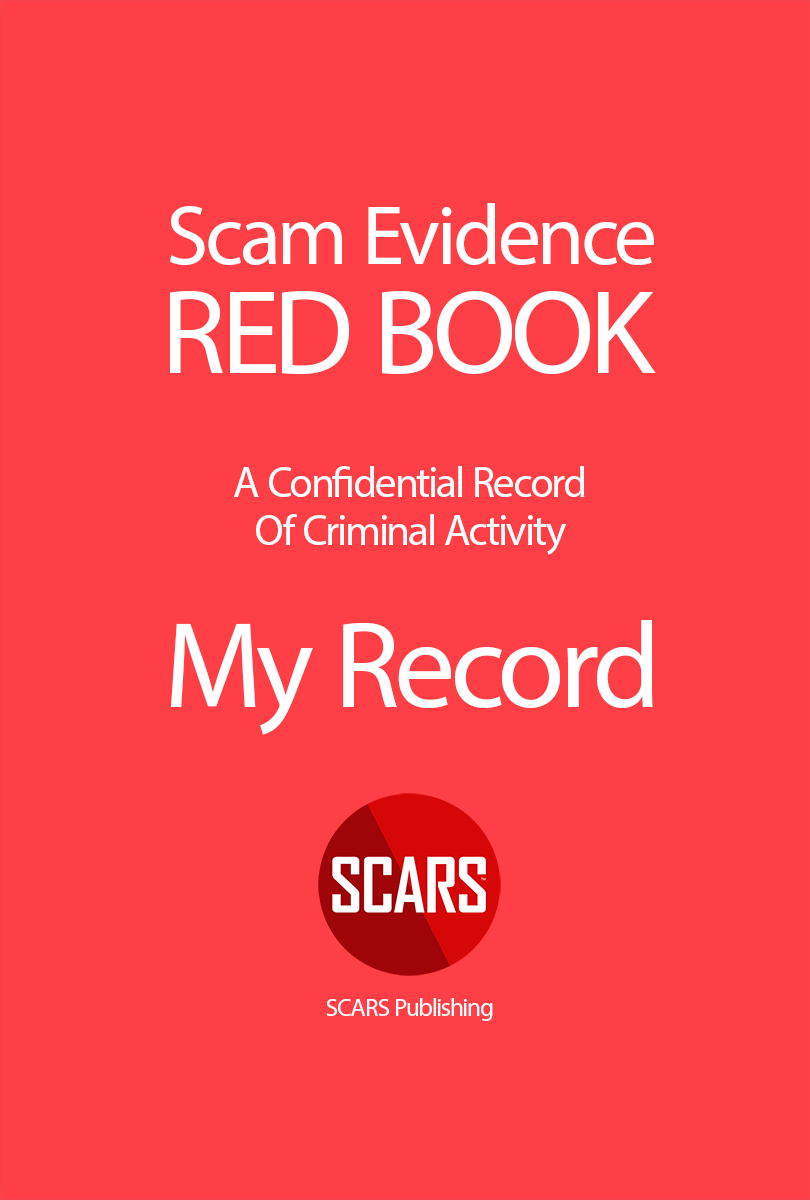
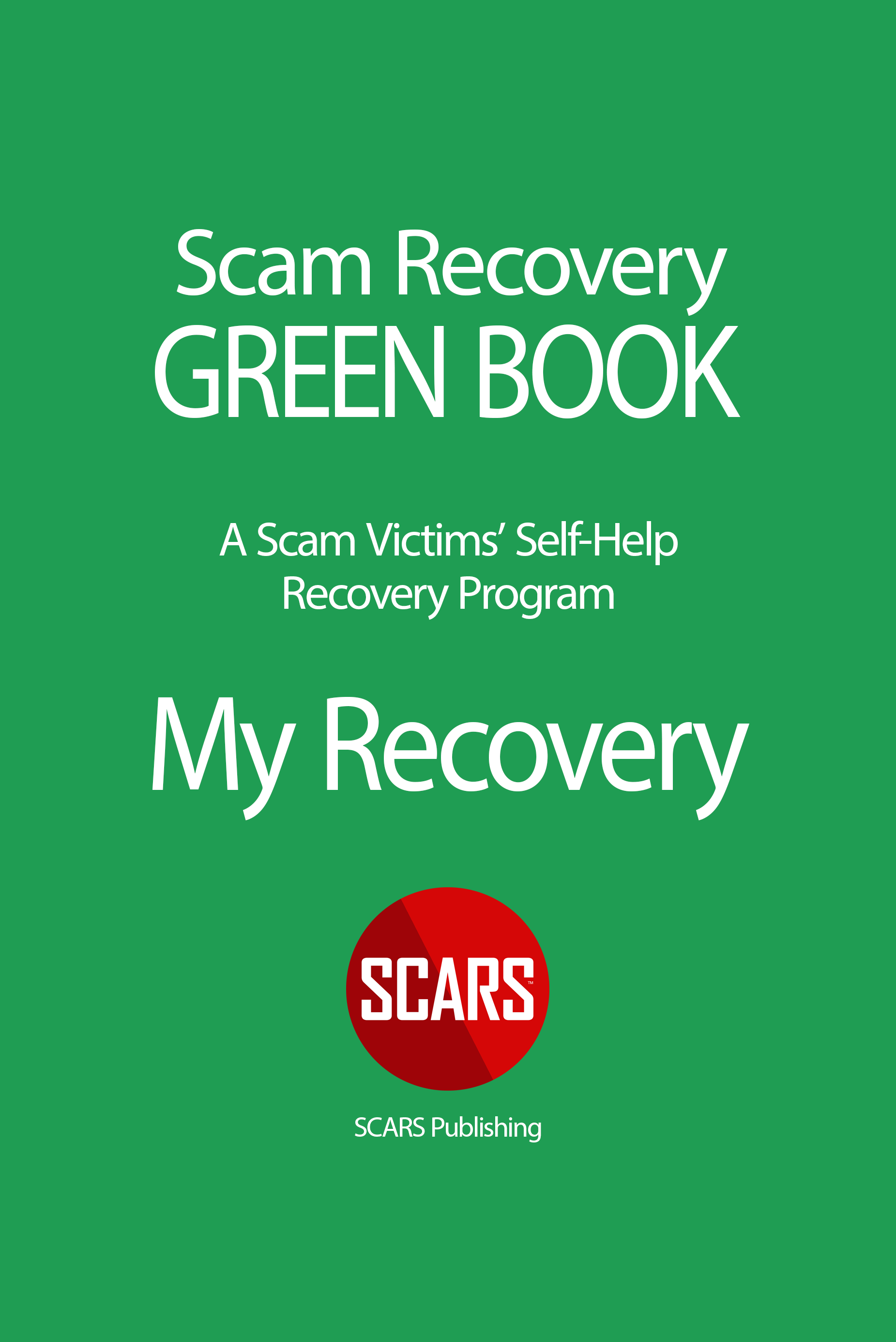


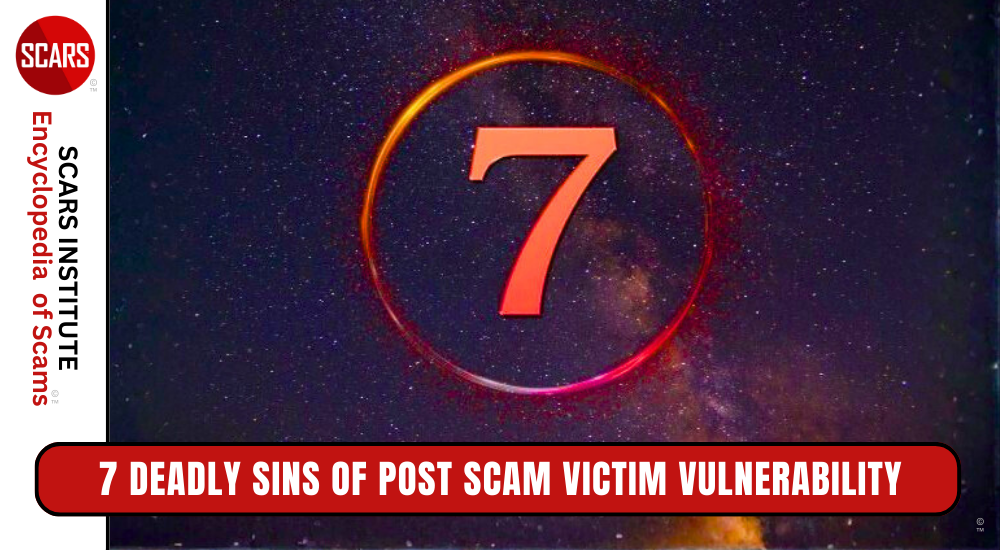
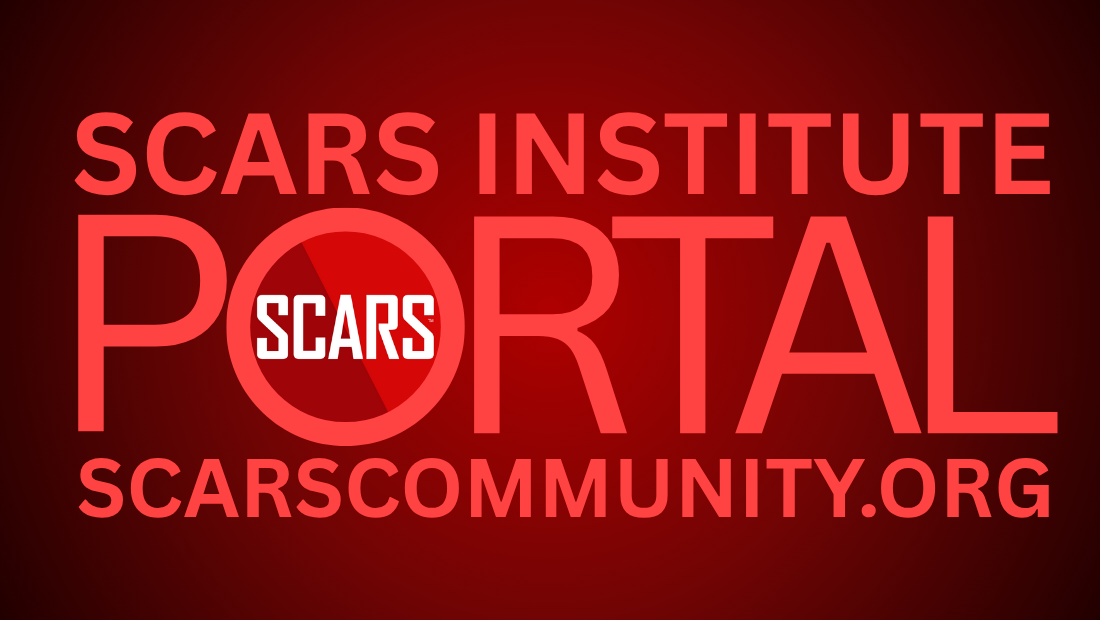
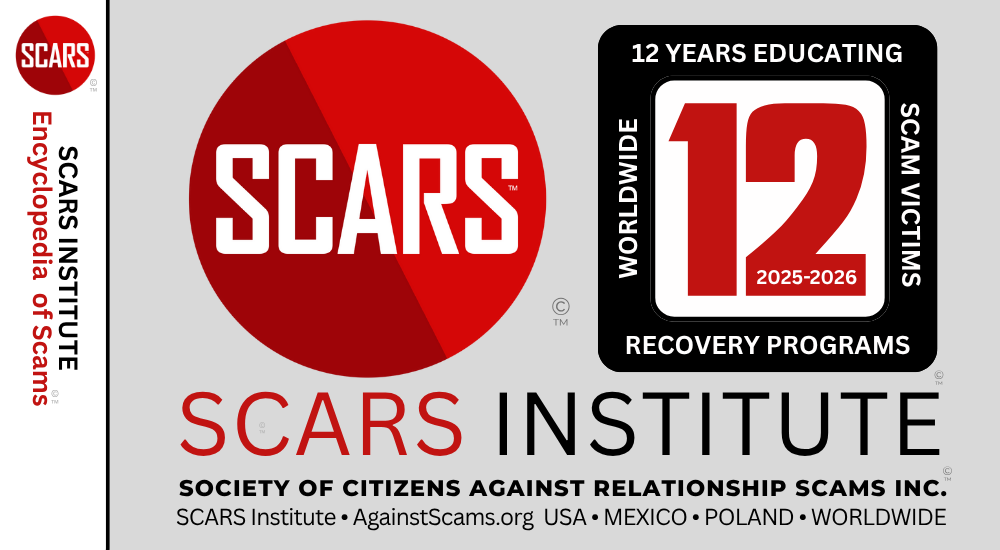





I have apologized both in person and in a letter. For all the reasons stated in this article I believe my acknowledging and apologizing for my actions and behavior during the scam it is why my husband is being so supportive. I followed a similar structure for my apologies and the steps I planned to take to protect myself better on the internet up to and including removing myself from the internet for a period of time.
I highly recommend taking the steps outlined in this article.
This article lists many powerful reasons why writing an apology letter is important for family members. The paragraph, prevent future incidents reminded me of a recent incident when my 11-year-old daughter was at a birthday party and needed to contact me. She doesn’t have a cell phone yet; therefore, sent me a text message from her friend’s phone, who’s number is unknown to me.
She texted: “Hi Mama, it’s me (stated her name). This is not a scam! I am texting from my friend’s phone, please respond.” She knew I wouldn’t respond to anyone unknown as we discussed so many times at home to never respond to an unknown number.
Apologizing and discussing the details of the scam does help creating a family environment that is more vigilant and informed about such threats. Awareness is essential in preventing future incidents, both for oneself and for other family members.